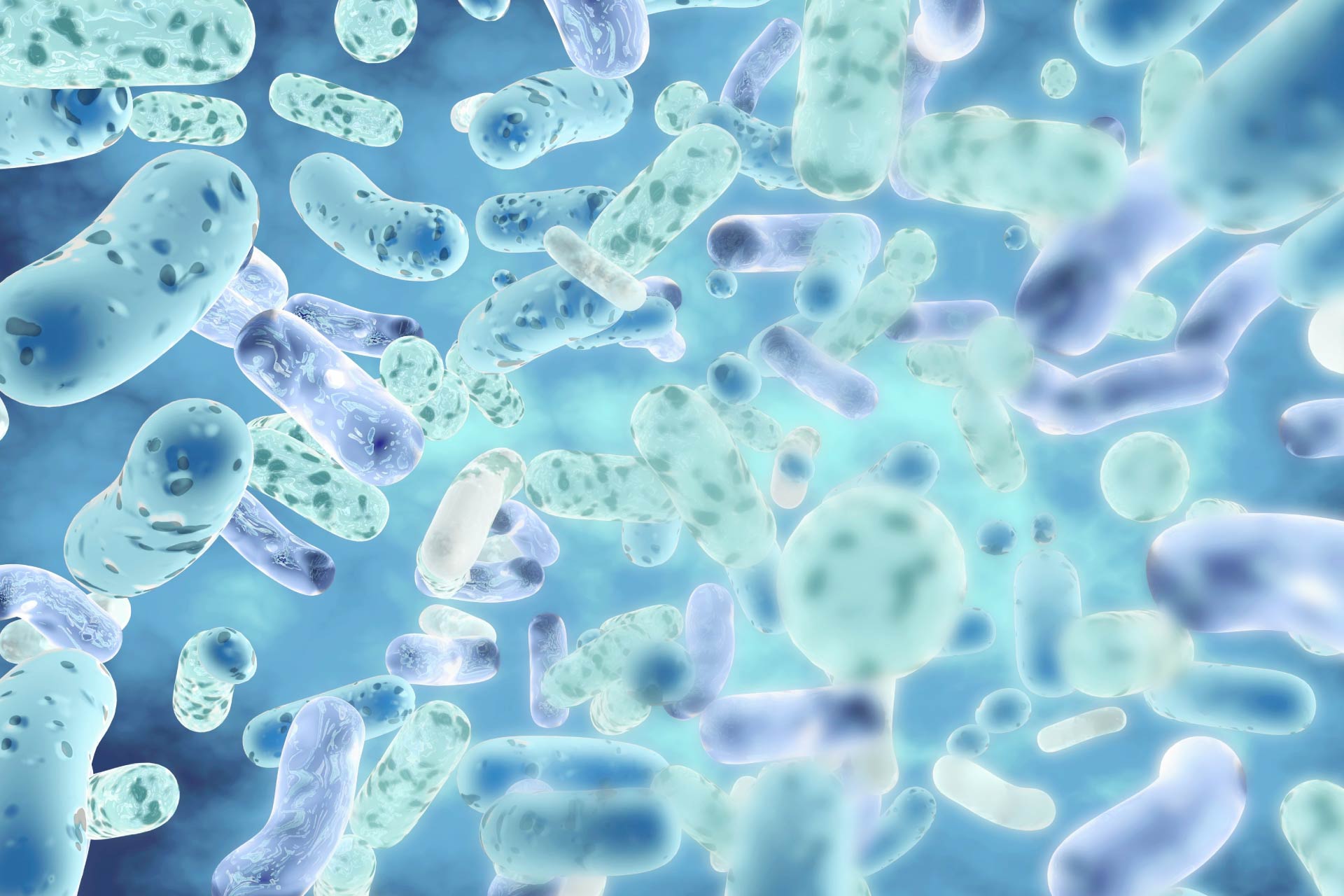• Microbial diversity
• Developing probiotics
What is already known on this topic
Faecalibacterium is one of the most common microbes in the gut microbiota of healthy people and is thought to be a biomarker of gut health. A reduced abundance of Faecalibacterium is associated with disorders including inflammatory bowel disease and colorectal cancer. Studies have shown that Faecalibacterium can produce anti-inflammatory molecules, making it one of the most promising microbes for the development of probiotics. But it’s unclear whether different Faecalibacterium strains have different effects on human health.What this research adds
By analyzing the genome of Faecalibacterium and Faecalibacterium-like species from nearly 8,000 people, researchers identified the presence of 22 different Faecalibacterium-like species. Faecalibacterium diversity depends on factors including age, lifestyle, and disease, and it is reduced in Western populations.Conclusion
The findings suggest that understanding Faecalibacterium diversity could help to choose strains suitable as probiotics.
Faecalibacterium is one of the most common microbes in the gut microbiota of healthy people and is considered one of the most promising candidates for the development of probiotics. Now, researchers have found that Faecalibacterium diversity associates with factors including age, lifestyle, and disease.
The study, published in Current Biology, could help to elucidate Faecalibacterium role in health and disease, allowing scientists to choose strains suitable as probiotics.
A reduced abundance of Faecalibacterium has been associated with disorders including inflammatory bowel disease and colorectal cancer. Studies have shown that Faecalibacterium can produce anti-inflammatory molecules, but it’s unclear whether different strains have different effects on human health.
To address this question, Danilo Ercolini at the University of Naples Federico II and his colleagues analyzed the gut microbiota of 7,907 individuals.
Microbial diversity
The researchers found that F. prausnitzii, which is the only known species of the genus Faecalibacterium, was present in 85% of samples. However, the microbe was much more common in adults than in children or elderly people. People from non-industrialized countries showed a higher prevalence of F. prausnitzii than did Western populations.
Further experiments identified 22 different Faecalibacterium-like species. Some subtypes prevailed in Europeans or North Americans, whereas another subtype was almost exclusive to Chinese individuals. The more prevalent subtypes often occurred together in the same individual.
When the researchers looked at differences associated with lifestyle by comparing 452 non-Western individuals with 2,708 people from industrialized countries, they found that non-Western populations showed a higher diversity of Faecalibacterium subtypes.
Developing probiotics
Next, the team tested whether Faecalibacterium diversity was associated with disease. Diversity was reduced in people with obesity and inflammatory bowel disease. However, in obese people who followed a Mediterranean diet, Faecalibacterium diversity increased after four weeks.
Different Faecalibacterium subtypes showed specific carbohydrate utilization patterns. Bacterial genes related to complex carbohydrate degradation were enriched in non-Western individuals, and genes involved in the transport of simple sugars and resistance to antibiotics were more prevalent in Western populations.
Because of the high level of differences between Faecalibacterium-like species, the association of the whole genus with positive health effects might be an oversimplification. “The diversity found here should be taken into account in the development of novel, personalized strategies for the modulation of specific F. prausnitzii strains,” the researchers say.
By elucidating functional differences between Faecalibacterium strains, the study also paves the way to choosing strains suitable for the development of probiiotics.









